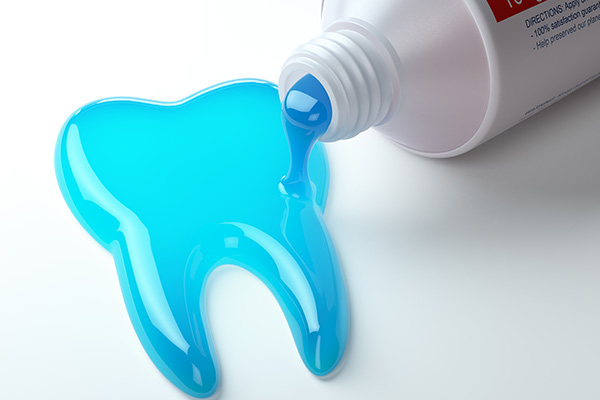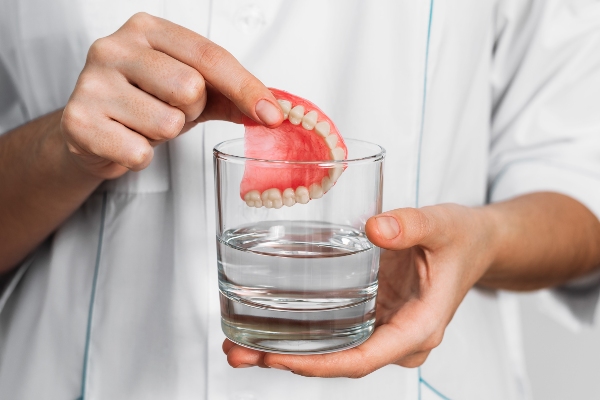 Fluoride is commonly used in general dentistry to reduce the risk of tooth decay and strengthen enamel that is weakened from acidic attacks that can occur when food particles and bacteria combine in the mouth. This article discusses how and when a general dentist might recommend fluoride for patients.
Fluoride is commonly used in general dentistry to reduce the risk of tooth decay and strengthen enamel that is weakened from acidic attacks that can occur when food particles and bacteria combine in the mouth. This article discusses how and when a general dentist might recommend fluoride for patients.
The role of fluoride in general dentistry
Fluoride can be used for preventive purposes or to restore weakened enamel. Patients can get the fluoride they need daily by choosing fluoride-based toothpaste and mouthwash, and dentists may provide a stronger fluoride solution in certain instances. The following is a more in-depth review of fluoride in general dentistry:
What is the purpose of fluoride in general dentistry?
Fluoride is a natural mineral that is most commonly used to help strengthen the bonds of tooth enamel. Enamel, the outermost visible layer of teeth, is incredibly strong, but it can wear down and erode when exposed to acidic reactions caused by bacteria. Dentists use fluoride because it is generally safe and natural and can prevent oral health concerns such as dental cavities.
What are the risks of not using fluoride?
As mentioned, the purpose of fluoride is to strengthen tooth enamel. Consequently, the risk of not implementing fluoride into your daily oral care routine is a higher chance of developing cavities. If weakened enamel is left untreated, cavities could form, leading to the need for more invasive treatments such as dental fillings, root canal therapy, and dental crown placement.
When might a general dentist recommend fluoride?
A general dentist may recommend fluoride to help keep the enamel as strong as possible. More commonly, they provide fluoride treatments to patients that are dealing with weakened enamel. The signs of weakened enamel include discoloration of teeth and increased sensitivity. General dentists also recommend that patients implement a healthy level of fluoride into their daily routine via fluoride-based toothpaste and mouthwash.
What can fluoride not treat?
Fluoride cannot treat cavities that have already formed. When enamel erodes, the effects cannot be reversed naturally. Instead, a dental filling or root canal therapy may be necessary. Consequently, fluoride is used primarily for preventive purposes and to strengthen enamel that is only weakened and not eroded.
How can I ensure I get enough fluoride between dental visits?
The good news is fluoride is easy to use at home during your oral care routine. Talk to your general dentist about what toothpaste and mouthwash they recommend to get a healthy level of fluoride daily. Keep in mind, fluoride is often present in drinking water as well, so you may be getting fluoride daily and not even realize it.
Ready to schedule a general dentistry appointment?
If you have questions about fluoride or would like to schedule a visit with our general dentistry team for a cleaning and check-up, call us or send us a message today. We take pride in helping our patients keep healthy and strong enamel that is free of decay.
Request an appointment or call J.D. Murray DDS & Associates at 404-410-2526 for an appointment in our East Point office.
Recent Posts
General dentistry helps prevent, diagnose, and treat a wide range of dental issues, like tooth decay and gum disease. General dentists are the most common types of dentists, and they spend most of their time performing preventative treatments.Many patients have oral health questions for general dentists. Here are the answers to the most frequently asked…
General dentistry focuses on preventative treatments, but it includes using dental cosmetics like veneers to restore or enhance the appearance of teeth. A veneer is a tooth-shaped restoration that is cemented to the front part of a tooth. It covers up any imperfections, damages, or deformities on that part of the tooth. Veneers started out…
General dentistry allows people to seek dental treatments from someone who knows them well. It is important to give an accurate diagnosis. This is possible with the use of dental X-rays. If you want to know if dental X-rays are advisable in general dentistry, here are the details.Decades ago, a dental X-ray was a long…


